
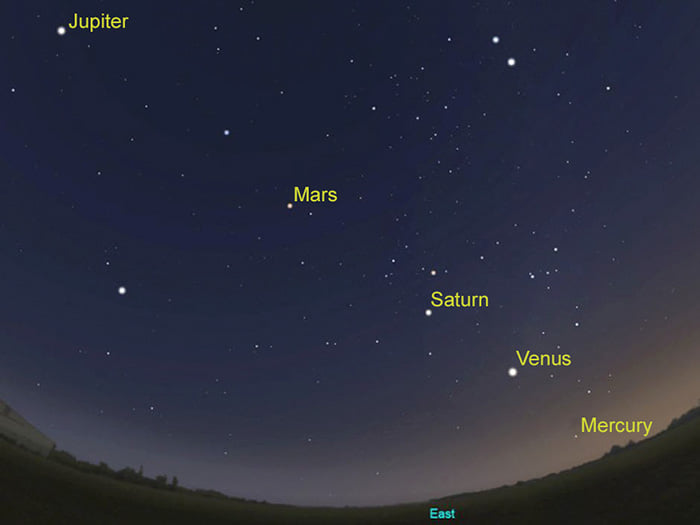
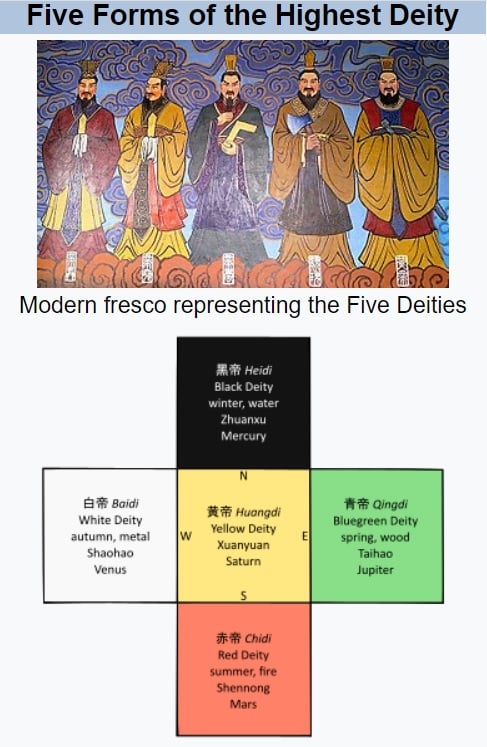
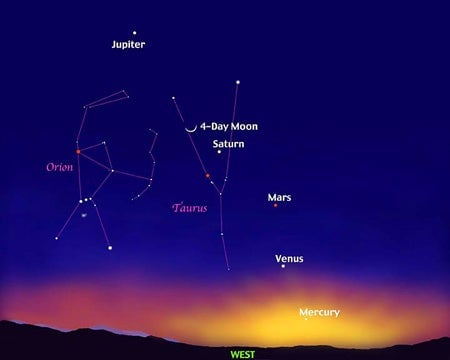
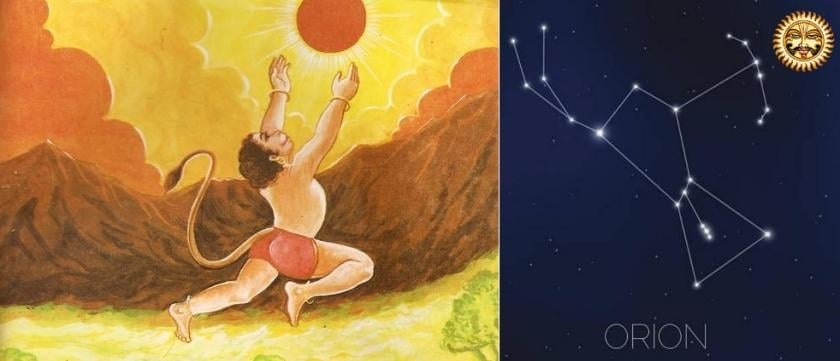
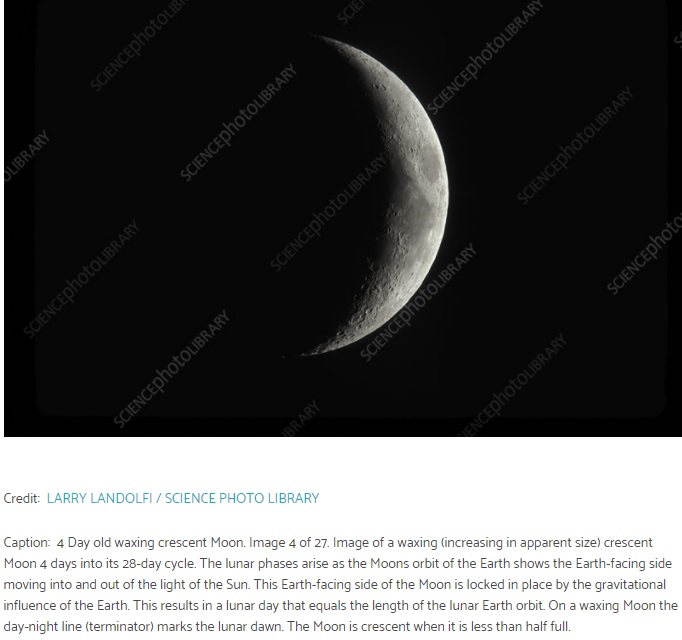
The meaning or origin of the word "Hanuman" is unclear. In the Hindu pantheon, deities typically have many synonymous names, each based on some noble characteristic, attribute, or reminder of a mythical deed achieved by that deity. One interpretation of the term is that it means "one having a jaw (hanu) that is prominent (mant)". This version is supported by a Puranic legend wherein baby Hanuman mistakes the sun for a fruit, attempts to heroically reach it, is wounded and gets a disfigured jaw.[10]:31–32
A second, less common interpretation is that the name derives from the Sanskrit words Han ("killed" or "destroyed") and maana (pride); the name implies "one whose pride was destroyed". This epithet resonates with the story in the Ramayana about his emotional devotion to Rama and Sita. He combines two of the most cherished traits in the Hindu bhakti-shakti worship traditions: "heroic, strong, assertive excellence" and "loving, emotional devotion to personal god".[10]:31–32
A third conjecture is found in Jain texts. This version states that Hanuman spent his childhood on an island called Hanuruha, which served as the origin of his name.[10]:189
In the Hindu pantheon, deities typically have many synonymous names, each based on the noble characteristic or attribute or reminder of that deity's mythical deed.[10]:31–32 Hanuman has many names like Maruti, Pawansuta, Bajrangbali, Mangalmurti but these names are rarely used. Hanuman is the common name of the vaanar (semi-ape, semi-man) god.
Linguistic variations of "Hanuman" include Hanumat, Anuman (Tamil), Hanumantha (Kannada), Hanumanthudu (Telugu). Other names include:
Anjaneya,[20] Anjaniputra (Kannada), Anjaneyar (Tamil), Anjaneyudu (Telugu), Anjanisuta all meaning "the son of Anjana"
Kesari Nandana or Kesarisuta, based on his father, which means "son of Kesari"
Vayuputra/ Pavanputra : the son of the Vayu deva- Wind god
Vajrang Bali/Bajrang Bali, "the strong one (bali), who had limbs (anga) as hard or as tough as vajra (diamond)"; this name is widely used in rural North India
Sankata Mochana, "the remover of dangers, hardships, or hurdles" (sankata)
Māruti, "son of Maruta" (another name of Vayu deva)
Kapeeshwara, "lord of monkeys"
Rama Doota, "the messenger (doota) of Lord Rama"
Mahakaya, gigantic"
Vira, Mahavira, "most valiant"
Mahabala/Mahabali, "the strongest one"
Panchavaktra, "five-faced"
Mukhya Prana Devaru, "Primordial Life Giver" (more prominent amongst followers of Dvaita, such as Madhwas)
Some added source
Rise and Fall of Orion, aka Hanuman
Conjunction of planets Jupiter and Saturn in 240 year cycle.

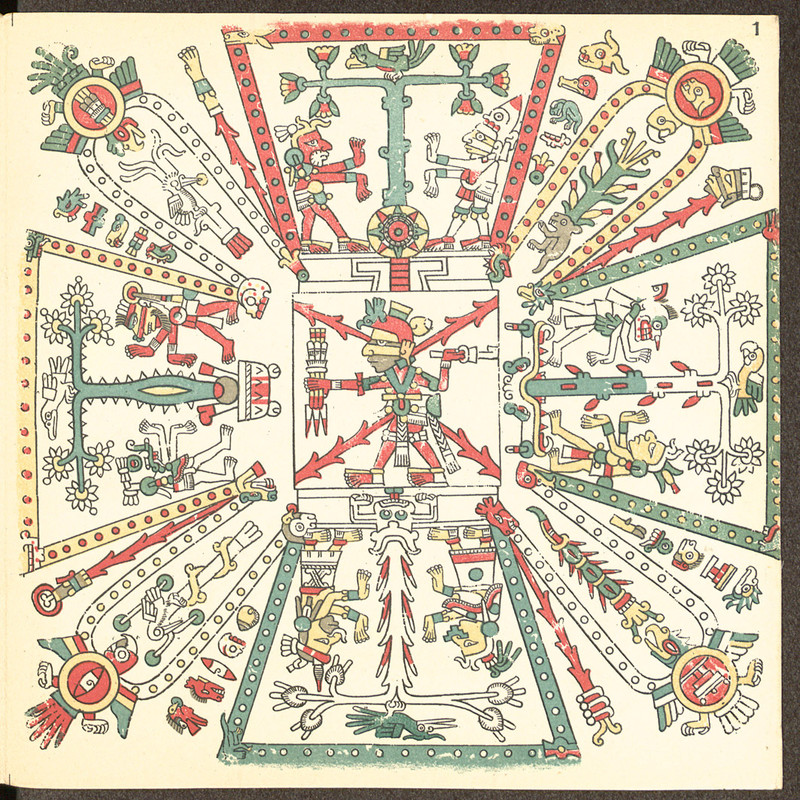

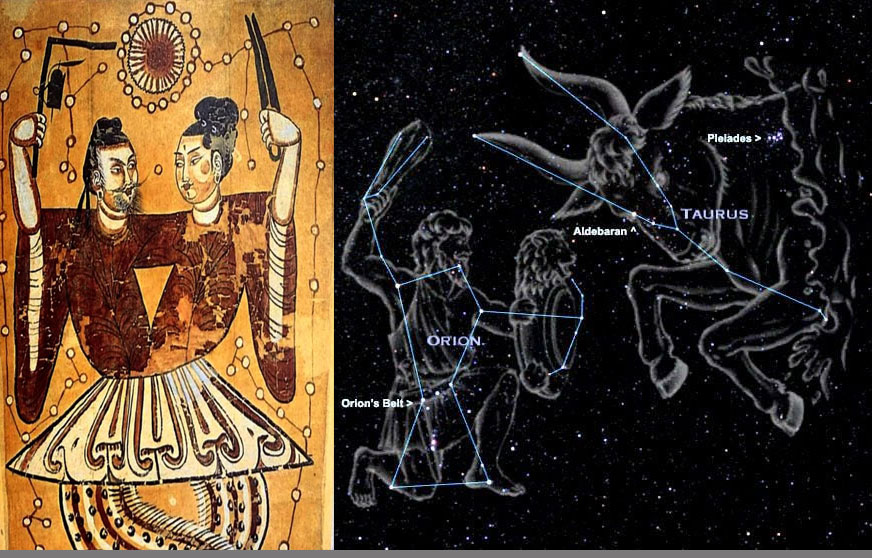
Q the Hourglass, Ram's Horn, Torus/Taurus


No comments:
Post a Comment
Note: Only a member of this blog may post a comment.